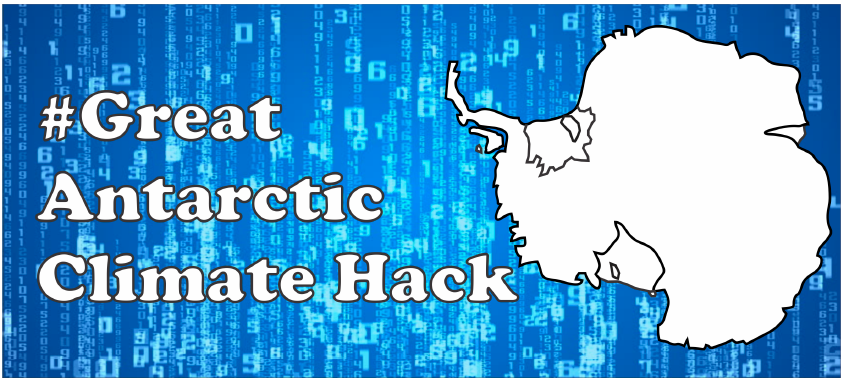#GreatAntarcticClimateHack is a workshop to train non-modeling experts to use observational datasets to interrogate CMIP model results, thereby creating new model metrics and validation tools. The aim of the workshop is to facilitate preparation for the next IPCC report for a much broader science community, increase non-traditional climate modeling publications, and learn to apply/utilize data sets that help develop model validation skills.
This first workshop will accommodate 50 participants on site, and 50 participants to join remotely online.





